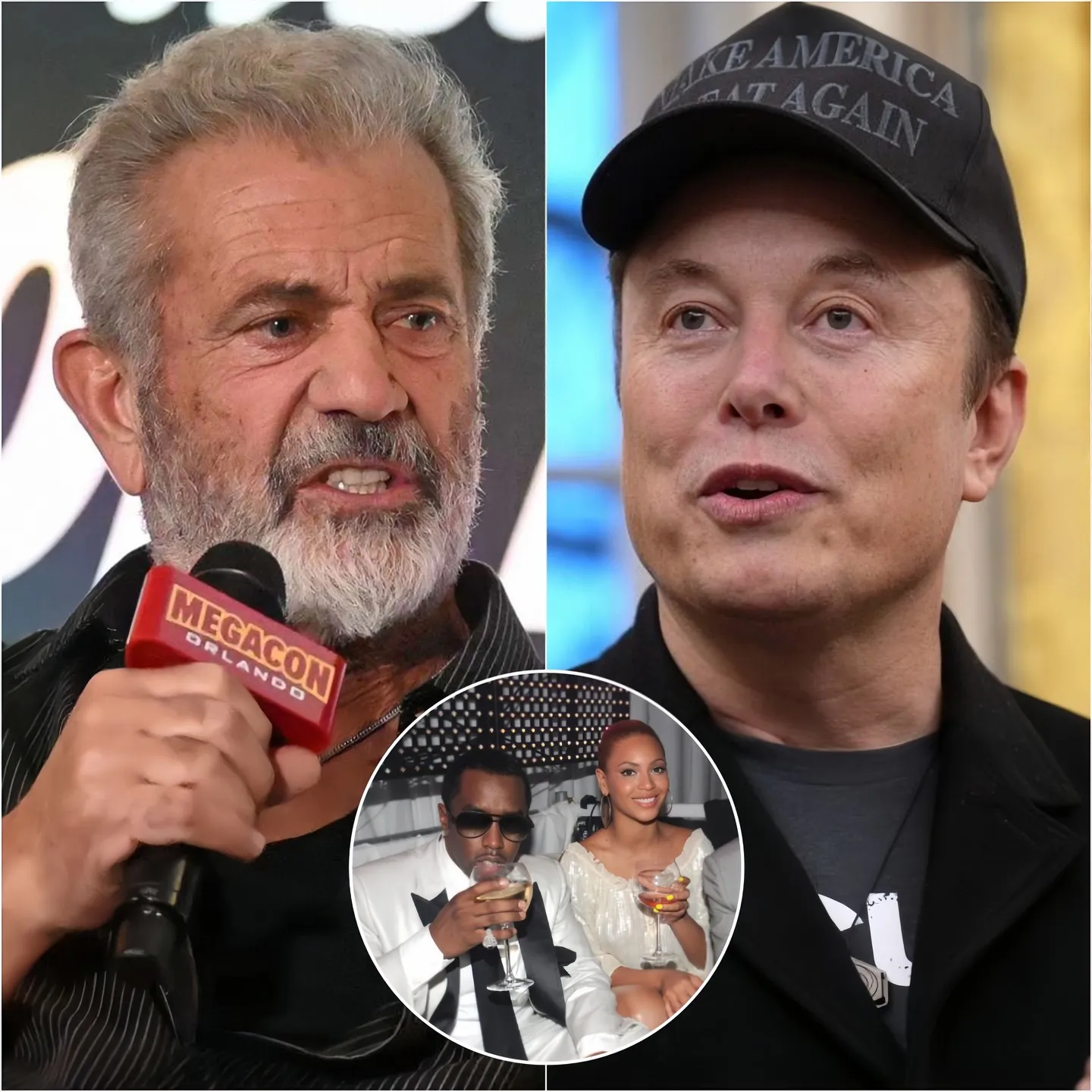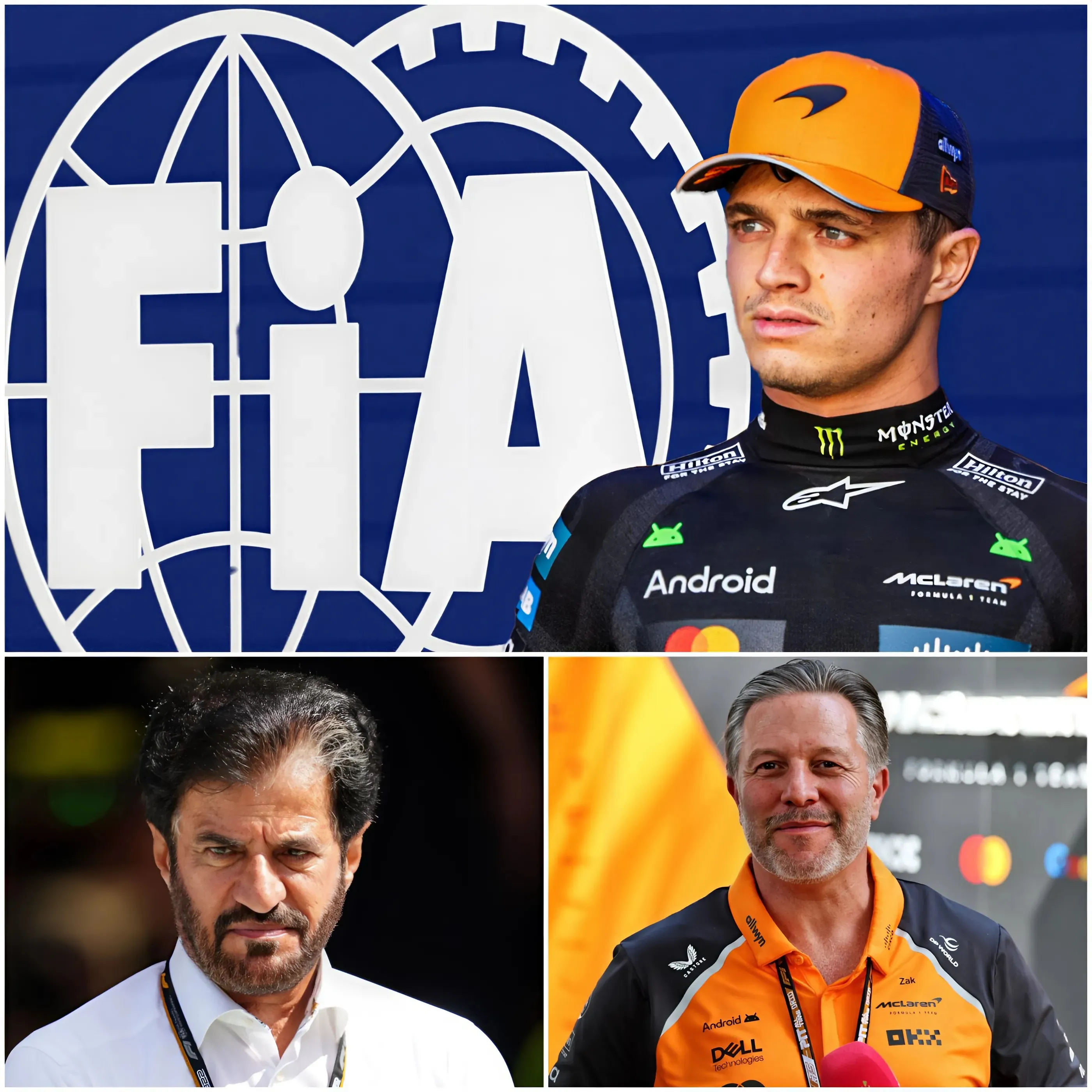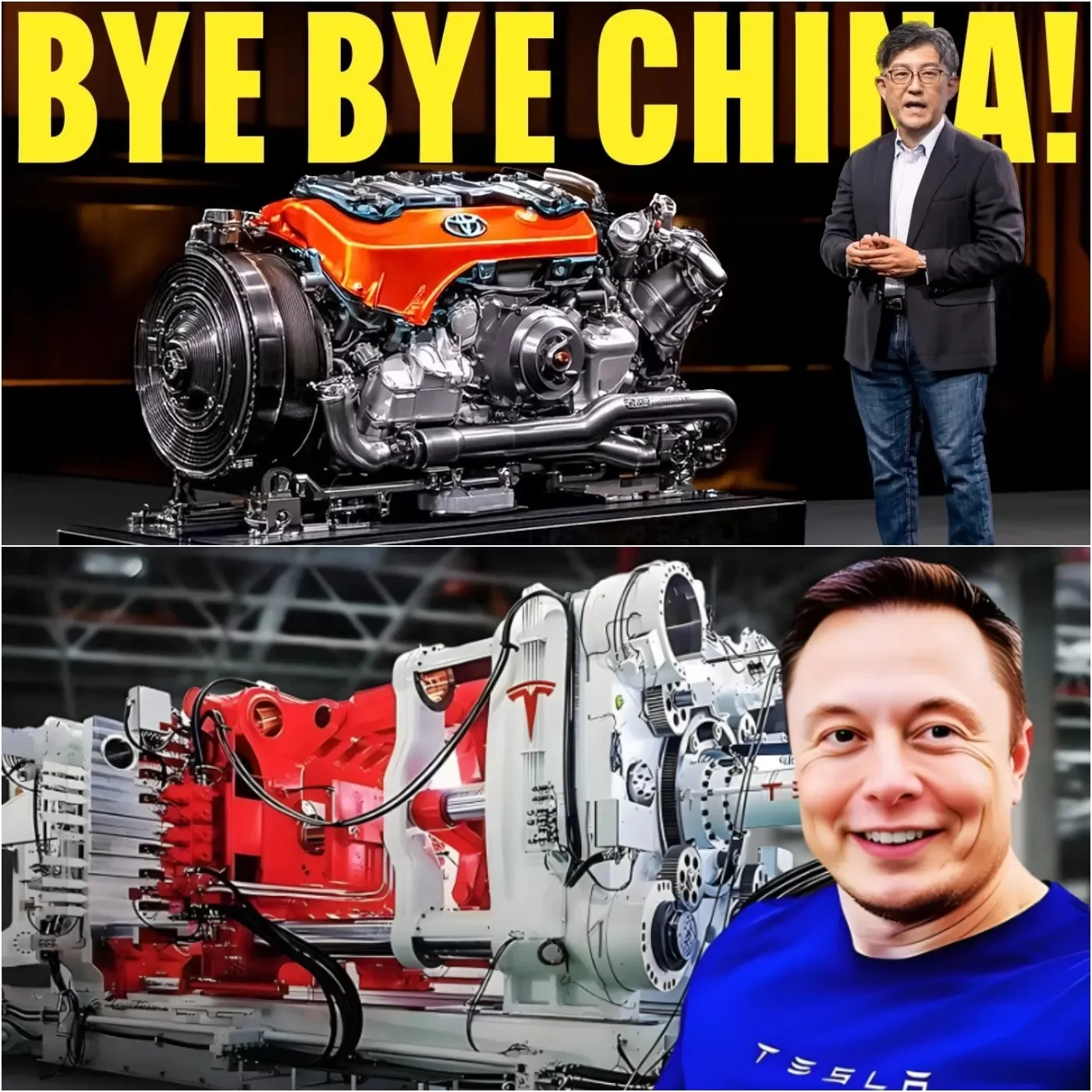Mark Cuban’s Dallas Mavericks are facing a significant financial setback, with a staggering loss of $200 million in sponsorships, and the cause is linked to Elon Musk’s controversial call for a boycott. This dramatic development has raised eyebrows across the sports and business worlds, sparking discussions on the powerful influence of social media, corporate sponsorships, and celebrity endorsements in modern business practices.
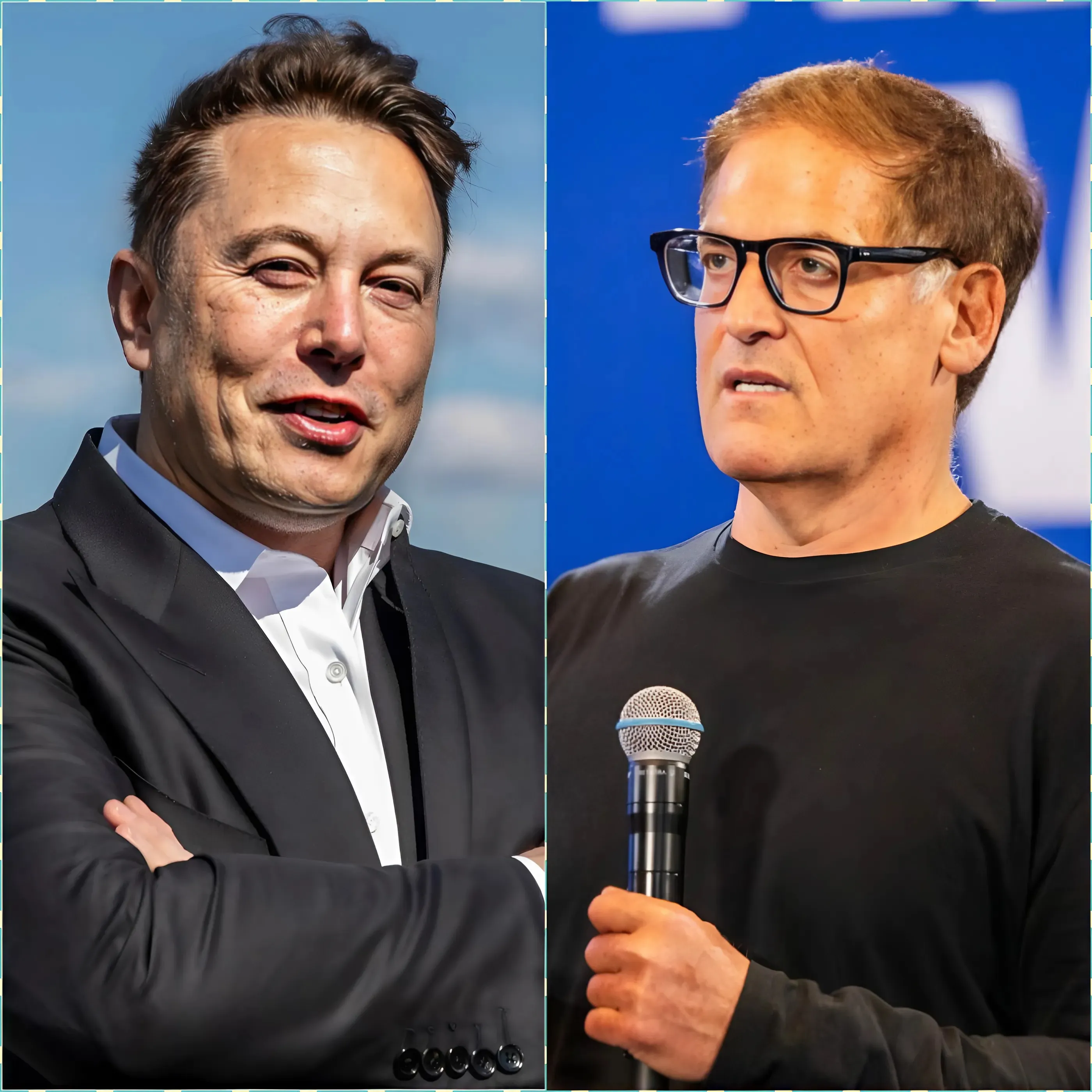
Musk, the billionaire CEO of Tesla and SpaceX, is no stranger to controversy, frequently making headlines for his bold, and at times divisive, statements. His recent call to boycott certain companies has sent ripples through the corporate world, especially those linked to his favorite teams, brands, and products. In this case, the Mavericks, who have been sponsored by various companies, are feeling the financial blow as a result of Musk’s public statement.
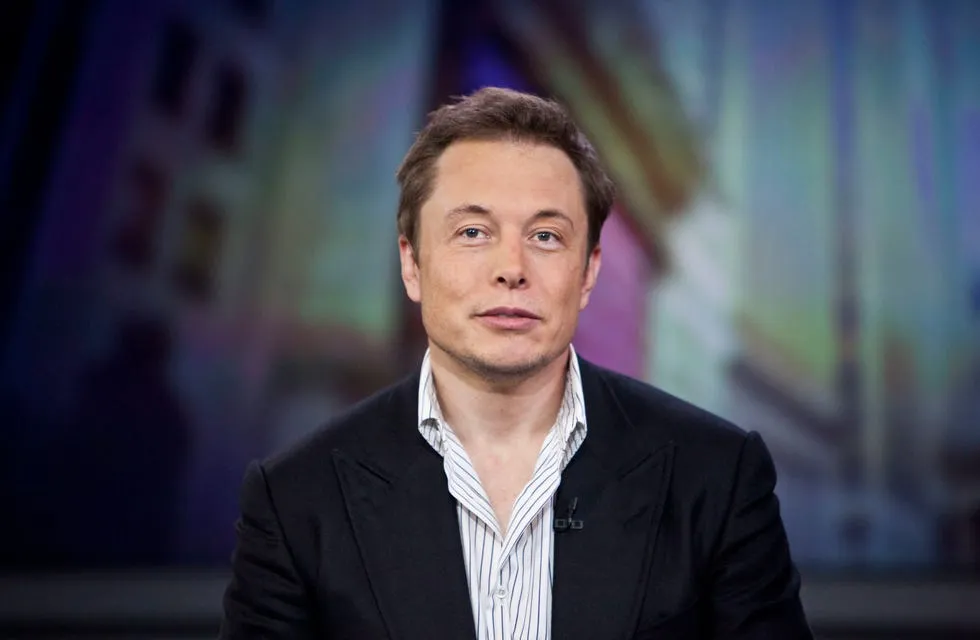
The Mavericks have long been ᴀssociated with Cuban, a charismatic entrepreneur known for his outspoken nature and commitment to building a compeтιтive team. Cuban has led the team through numerous highs, including winning an NBA Championship in 2011, and has fostered an image of resilience and success. However, despite his efforts to maintain the Mavericks’ status as one of the NBA’s most influential franchises, the team has encountered a financial crisis due to external factors like the recent Musk boycott call.
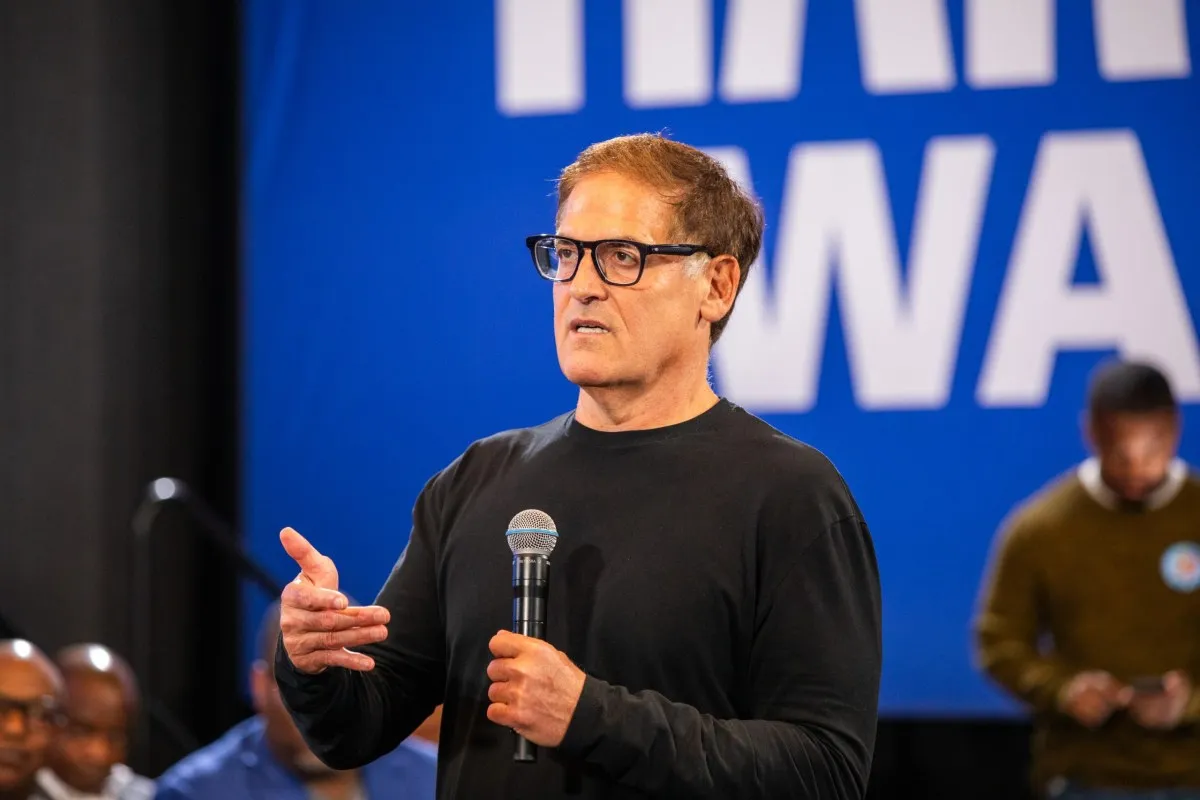
Corporate sponsorships are the lifeblood of many sports teams, including the Mavericks. The team’s commercial partnerships with prominent companies have brought in millions of dollars, contributing to the team’s operations, marketing efforts, and overall brand recognition. The Mavericks have attracted deals with big names across various industries, including technology, automotive, and beverage companies. These sponsorships not only provide financial support but also help build the team’s visibility and appeal in the compeтιтive world of professional sports.
However, the Mavericks’ situation took a turn for the worse when Elon Musk, one of the most powerful influencers in the tech world, urged his followers to boycott specific brands. His call, though targeted at other sectors, had a mᴀssive ripple effect on all brands ᴀssociated with his public persona, including those tied to the Mavericks. Sponsors, fearing backlash from Musk’s supporters or the public perception that they were aligned with Musk’s views, quickly distanced themselves from the team.
The financial impact on the Mavericks is profound. Reports suggest that the loss of sponsorships has already reached $200 million, a significant amount for a team that has worked hard to build its sponsorship portfolio. This loss has left the franchise scrambling for solutions, as they now face the challenge of rebuilding their sponsorship base and restoring the team’s financial health.
While Cuban and the Mavericks have not made a public statement about Musk’s influence on their sponsorships, industry insiders suggest that the team’s management is deeply concerned about the loss. Some believe that Cuban, known for his tech-savvy and innovative approach to business, may consider diversifying the team’s revenue streams in response to the changing landscape. However, the challenge of recovering such a substantial loss in sponsorships remains formidable.
In the broader context, this incident serves as a stark reminder of the power that influential figures like Musk hold in shaping the fate of brands and businesses. With a single tweet or public statement, they can cause a cascade of financial consequences, affecting everything from stock prices to sponsorship deals. In this case, Musk’s call for a boycott has led to a direct financial hit on a major sports team, illustrating the delicate balance between celebrity influence and corporate interests.
The fallout from Musk’s boycott call also highlights the vulnerability of companies to external pressures. Sponsors who had once been eager to partner with the Mavericks are now reconsidering their commitments, unsure of how public sentiment might evolve in the wake of Musk’s actions. Companies that rely heavily on public perception and social media engagement are particularly at risk when influential figures like Musk use their platform to make bold statements.
The incident is also raising questions about the future of sponsorships in the sports industry. In an era where social media and online activism can quickly sway public opinion, teams and brands may need to rethink their approach to partnerships. The Mavericks, who have long been ᴀssociated with Cuban’s entrepreneurial spirit, may now need to navigate this new era of influencer-driven commerce with a more cautious approach.
For Musk, the boycott call is just another chapter in his ongoing efforts to use his platform to challenge conventional business practices. Whether or not his actions were intentionally aimed at the Mavericks, the consequences are undeniable. The incident underscores the interconnectedness of the tech, sports, and business worlds, where one high-profile figure can have a far-reaching impact on industries that are seemingly unrelated.
As the Mavericks work to recover from this financial blow, all eyes will be on Cuban and the team’s management to see how they respond. Will they be able to rebuild their sponsorship base and regain the financial stability they once enjoyed? Or will the ripple effect of Musk’s boycott continue to cause financial turmoil for the team?
In the meantime, the sports world will be watching closely, as this incident may have lasting implications for how teams and brands approach sponsorships in the age of social media and celebrity influence. The Mavericks’ loss serves as a cautionary tale for other franchises, who may now be reevaluating their own relationships with influencers and sponsors, knowing that a single public statement can change the course of their financial futures. The power of the digital age, where social media influencers hold significant sway over public opinion, has never been more evident.
